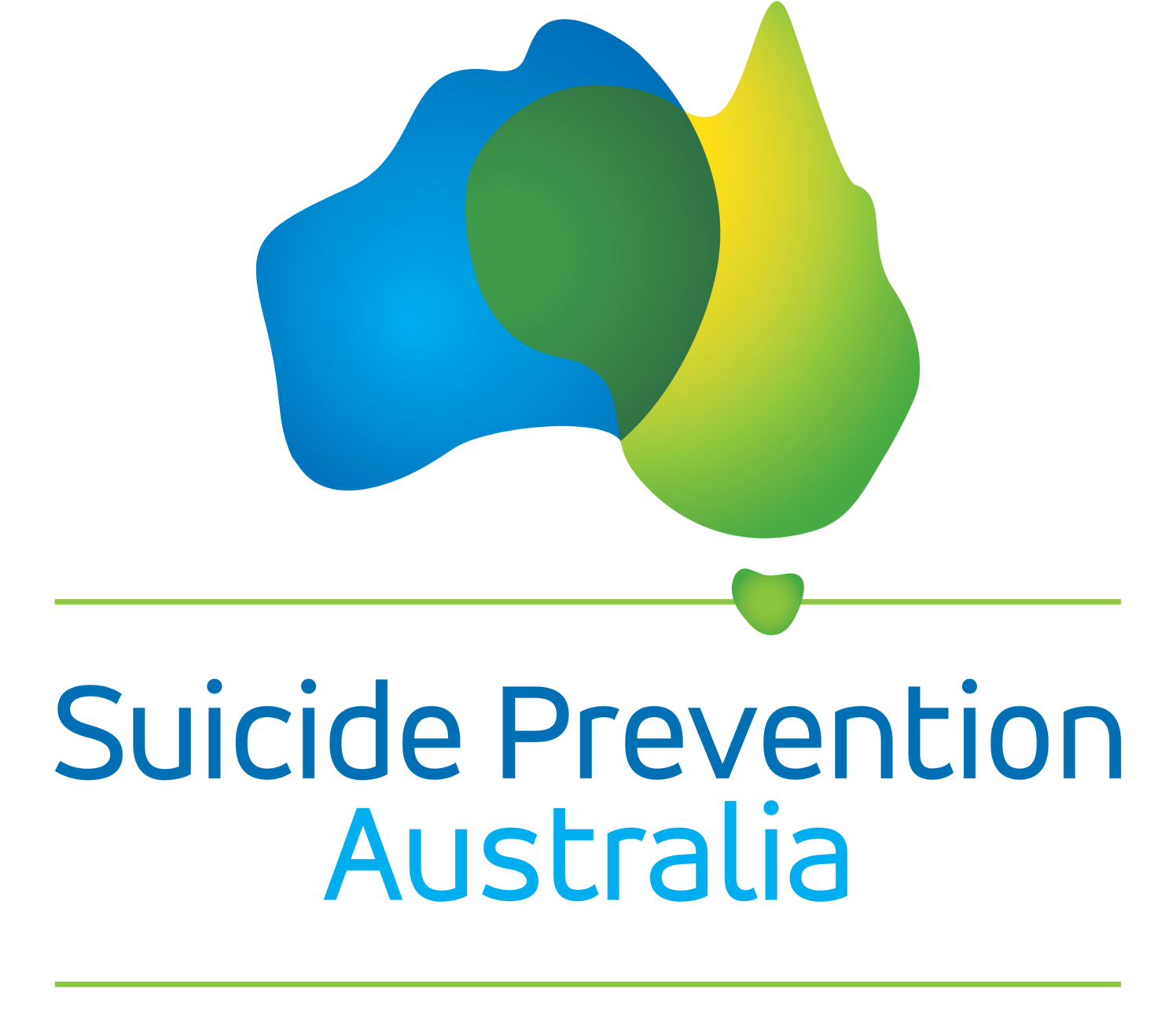Suicide Prevention Australia welcomes the announcement of a bilateral funding agreement between the Commonwealth and Australian Capital Territory Government which unlocks $38 million of essential funding for suicide prevention.
This will deliver much-needed funds to support those who have survived a suicide attempt but it does not include critical postvention services for those bereaved by suicide.
The bilateral agreement forms part of the National Mental Health and Suicide Prevention Agreement (National Agreement), which has been signed by the Commonwealth, New South Wales, Queensland, South Australian, Northern Territory and now Australian Capital Territory governments.
However, important funding agreements with Victoria, Western Australia, Tasmania and Queensland are all yet to be announced.
Suicide Prevention Australia has called for a National Agreement that delivers a whole-of-government approach, clarifies roles and responsibilities, sets clear and transparent outcomes, and ensures lived experience is at the centre.
Suicide Prevention Australia CEO, Nieves Murray said, “This agreement will funnel funding into mental health and suicide prevention support and services at a time when distress in the community is at an all-time high with record demand for services.
“However, it’s disappointing to see postvention services excluded from this funding agreement. We know that those bereaved by suicide are at a much higher risk of a suicide attempt themselves.
“Formal postvention is essential to supporting those bereaved by suicide. Continual investment in universal access to national postvention service is critical now more than ever.
“We urge the ACT Government to work with the Commonwealth and ensure anyone who is bereaved by suicide in the ACT has access to the postvention services they need.
“The bilateral agreement between ACT and the Commonwealth is an important step forward but more needs to be done.
“We urge the Commonwealth and the remaining state governments to resolve negotiations without delay.
“There is distress in our community as we emerge from the pandemic and face ongoing natural disasters like the recent floods and bushfires.
“The research shows that two to three years after a disaster are when suicide risks are highest, it’s critical that the National Agreement is in place to support our community at this time.
headspace CEO, Jason Trethowan said, “The past two years have been particularly tough for young people with events such as the pandemic, and efforts to contain its spread, bushfires, floods and drought continuing to have an impact on their mental health. As a result, we’re seeing more and more young people coming to headspace for support. This agreement will back up front line workers in communities who’ve been working under increasing pressure while continuing to be there for young people presenting to headspace.”
Beyond Blue CEO and Suicide Prevention Australia member involved in the development and expansion of aftercare services, Georgie Harman said: “Beyond Blue welcomes the Commonwealth/ACT commitment to universal aftercare. We look forward to sharing with governments around Australia the insights we’ve gained from our experience developing and implementing The Way Back Support Service model at 38 locations around the country.”
“This is a once-in-a-generation opportunity to deliver on national, structural and much-needed reform at a time our community needs it most”, said ms Murray.
“Let’s get it done and get it right, our communities need these services as soon as possible.
“It’s important to remember help is always available no matter who you are or what situation you are in. You do not have to go this alone. If you are feeling distress, please reach out and access the various support services that are available,” said Ms Murray.
The ACT funding includes:
- $8.3 million to continue Head to Health adult mental health services across the ACT to address gaps in the mental health system, providing more integrated, seamless care for adults and older Australians. This will continue funding for the existing Head to Health service that opened in October 2021.
- $9 million to enhance child (and family) mental health initiatives to improve access to multidisciplinary team care to children, in line with the National Head to Health Kids Hub model. These enhancements will support more than 2,500 children and their families each year.
- $9.5 million to enhance the existing headspace centre to increase access to multidisciplinary youth mental health services in the ACT, and to establish a multidisciplinary early intervention service to support young people at risk of developing mental health concerns.
- $6 million to establish universal aftercare services in the ACT to support people following a suicide attempt or suicidal crisis.
- $2.8 million to improve perinatal mental health screening and enhance the capture and reporting of nationally consistent perinatal mental health data.
- $1.9 million to deliver a community based early intervention service for eating disorders to promote help seeking behaviour and early intervention treatment for people in the early stages of developing an eating disorder and those with an eating disorder of low to moderate severity.
To get help 24/7, phone Lifeline on 13 11 14 or the Suicide Call Back Service on 1300 659 467. If you or someone you know are in immediate danger, phone 000 for emergency services.
Help to report about suicide safely is available online: Go to https://mindframe.org.au/
Media enquiries:
Clare Kinsella 0427 689 689 or clarek@suicidepreventionaust.org
Amelia Banks 0410 591 134 or ameliab@suicidepreventionaust.org
About Suicide Prevention Australia
Suicide Prevention Australia is the national peak body and we’ve been providing support for Australia’s suicide prevention sector for more than 25 years. We support and advocate for our members to drive continual improvement in suicide prevention policy, programs and services. Our reach is broad, including member organisations, governments, businesses, researchers, practitioners and those with lived experience. We are focused on an integrated approach to suicide prevention encompassing mental health, social, economic and community factors. We believe that through collaborative effort and shared purpose, we can achieve our vision of a world without suicide.
